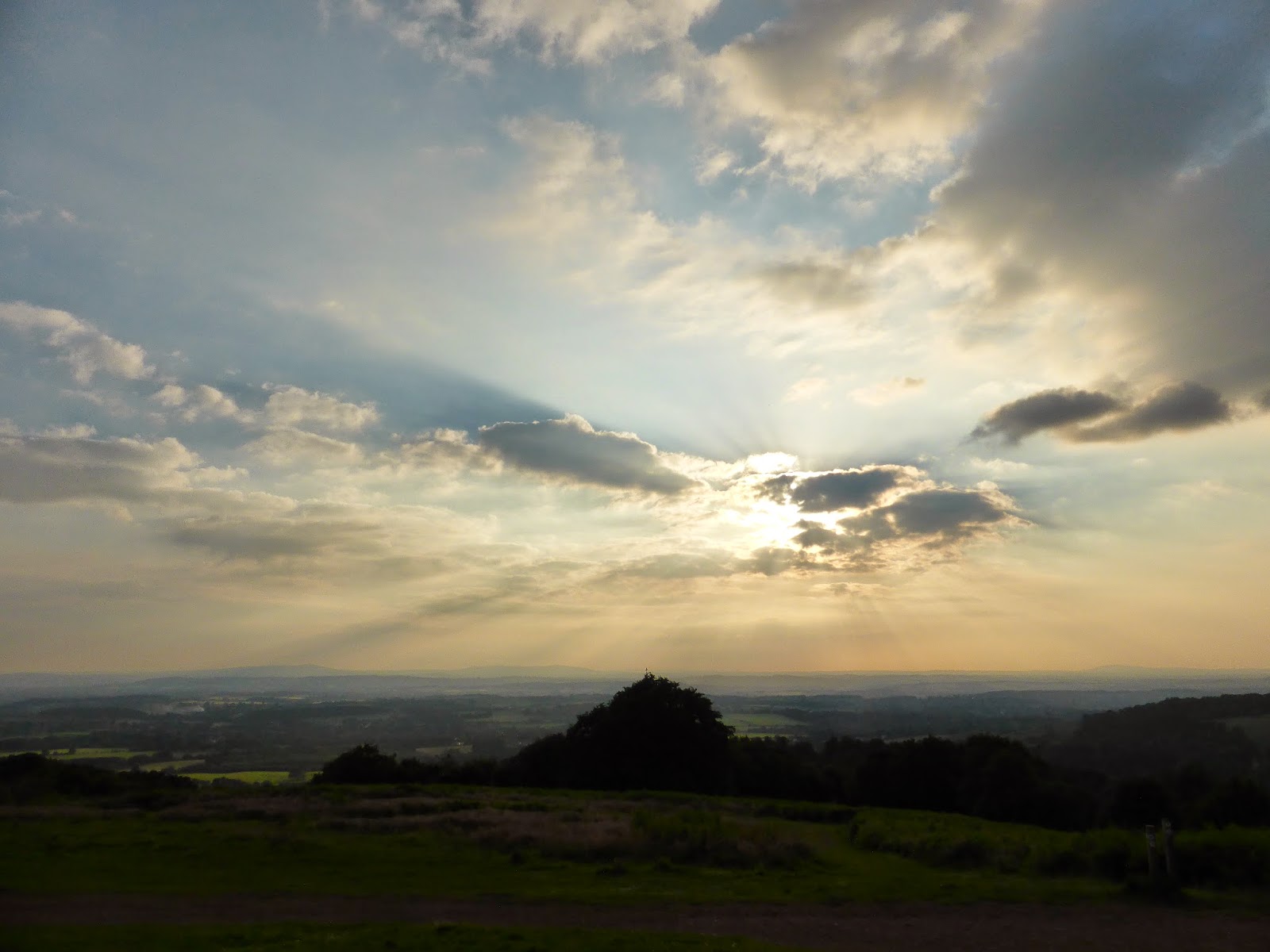Reviews can take some time to filter through in academe: even though Coleridge and the Daemonic Imagination was published three years ago, I'm posting one here that only came to my notice recently. It's from The Year's Work in English Studies 92 (2013) - a very useful guide to the latest scholarship (published by Oxford University Press):
'Gregory Leadbetter's Coleridge and the Daemonic Imagination offers a fascinating and compelling new reading of Coleridge's thought, with a particular emphasis on his poetry. His argument builds from a notebook entry which worries over the daemonic experiences Coleridge had. These were experiences of the "transnatural": that which permits the mind to foray into a world denied by traditional social and religious codes. The transnatural, Coleridge discovers, comes from within as a form of willed transition that permits an encounter with, simultaneously, shame and power. It is, for Leadbetter, a dilemma central to "the drama of human becoming" (p. 3). The openness of this position allows Leadbetter to offer us a Coleridge far more fluid in his religious and philosophical thinking than is common. Indeed, poetry and poetic possibility move to the centre of his thought: "Coleridge remained constitutionally open to experiences beyond his deliberate control" (p. 14). Leadbetter focuses especially on the 1790s and on Coleridge's three great poetic myths of daemonic imagination - Kubla Khan, The Rime of the Ancient Mariner, and Christabel - but he also, pleasingly, encourages us to see this openness right across the span of Coleridge's career. The book offers startling reconsiderations of Coleridge's Unitarianism, his politics, and his relationship with Wordsworth. Wordsworth, for Leadbetter, recognized the same dilemmas, but was wary of Coleridge's freedom: nature becomes a "moral and epistemological norm" (p. 39) that Wordsworth clings to but Coleridge transgresses. The combination of activity and passivity in the daemonic makes clear the link with the Coleridgean imagination. Language is itself a "transnatural" agent in Kubla Khan's "self-risking poetics" (p. 185). The usual reading of Christabel has Christabel as innocent and opposed to the evil Geraldine. But just as the Ancient Mariner is a "transgressor without being evil" (p. 182), so Leadbetter finds in Christabel Coleridge exploring the possibility that the union with Geraldine, however troubling, was "an act and expression of [Christabel's] own spirit" (p. 203). Leadbetter writes fluidly and clearly, but his style also bristles with excitement. This is a thoughtful, imaginative, and often daring new account of the poet.'







